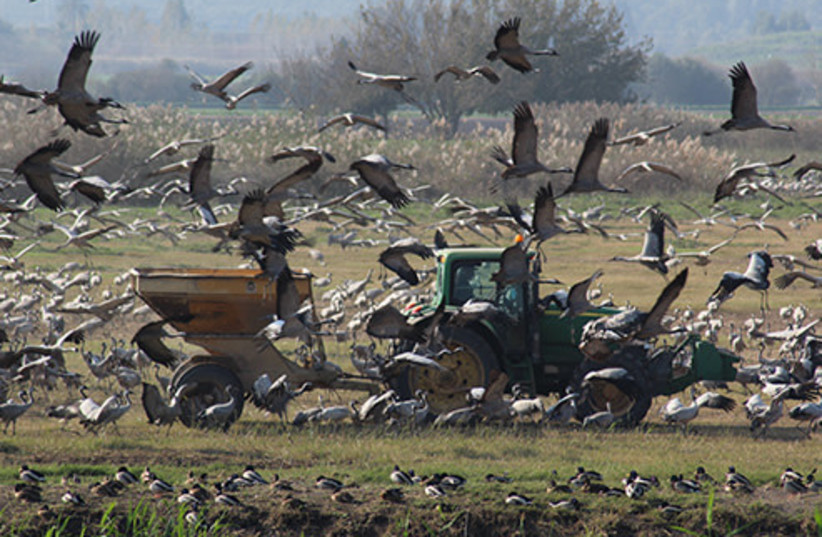Birds are having trouble producing young due to the early springlike weather created by climate change, according to a new study published on Monday.
The study, published in the peer-reviewed journal Proceedings of the National Academy of Sciences, noted that shifts in the timing of seasonal ecological events, known as phenology, have been one of the main effects of climate change in a number of species.
While there is plenty of theoretical work predicting the ecological consequences of phonological changes, empirical evidence of such negative outcomes is mixed.
“For nearly 30 years, scientists have hypothesized that animals could become mismatched from plants as springs begin earlier,” said Morgan Tingley, a UCLA associate professor of ecology and evolutionary biology and the study’s senior author. “While there have been a few very good case studies of this phenomenon, it has remained a major mystery whether advancing springs will pose a general problem for the majority of species.”
In order to study the issue more thoroughly, scientists from UCLA and Michigan State University examined 41 species of birds that breed in and around forested areas across North America, looking through data on the phenology of bird breeding and using satellite imaging to determine when vegetation emerged around each site studied.

The researchers discovered that birds have an optimal time to breed and produce fewer young if they start breeding too early or late in the season. Additionally, a failure to breed in sync with the seasons means birds could be left without the needed resources to feed their young.
The researchers found that birds have been unable to keep pace with climate change and the earlier start of springlike weather. The researchers warned that further climate change is likely to result in future declines in breeding productivity.
“By the end of the 21st century, spring is likely to arrive about 25 days earlier, with birds breeding only about 6.75 days earlier,” said the study’s first author, Casey Youngflesh, who led the research as a postdoctoral researcher at UCLA and is now a postdoctoral fellow at Michigan State. “Our results suggest that breeding productivity may decrease about 12% for the average songbird species.”
Bird species that don't migrate better equipped for climate change
The researchers additionally found that some species, especially those that migrate shorter distances or don't migrate at all and breed earlier, are likely to be better equipped to cope with the changes.
Non-migratory species may also be able to reproduce more than once per season, according to the study, although even among non-migratory species most weren't able to keep up with earlier springlike weather.
For every four days earlier that leaves appeared on trees, species only bred about one day earlier, meaning they were failing to stay in sync. For species that migrate, that discrepancy means that they have less time to establish territories and prepare physiologically for egg-laying and rearing their young at their breeding sites.
“North America has lost nearly a third of its bird populations since the 1970s,” said Tingley. “While our study demonstrates that the worst impacts of timing mismatch likely won’t occur for several decades yet, we need to focus now on concrete strategies to boost bird populations before climate change takes its toll.”
